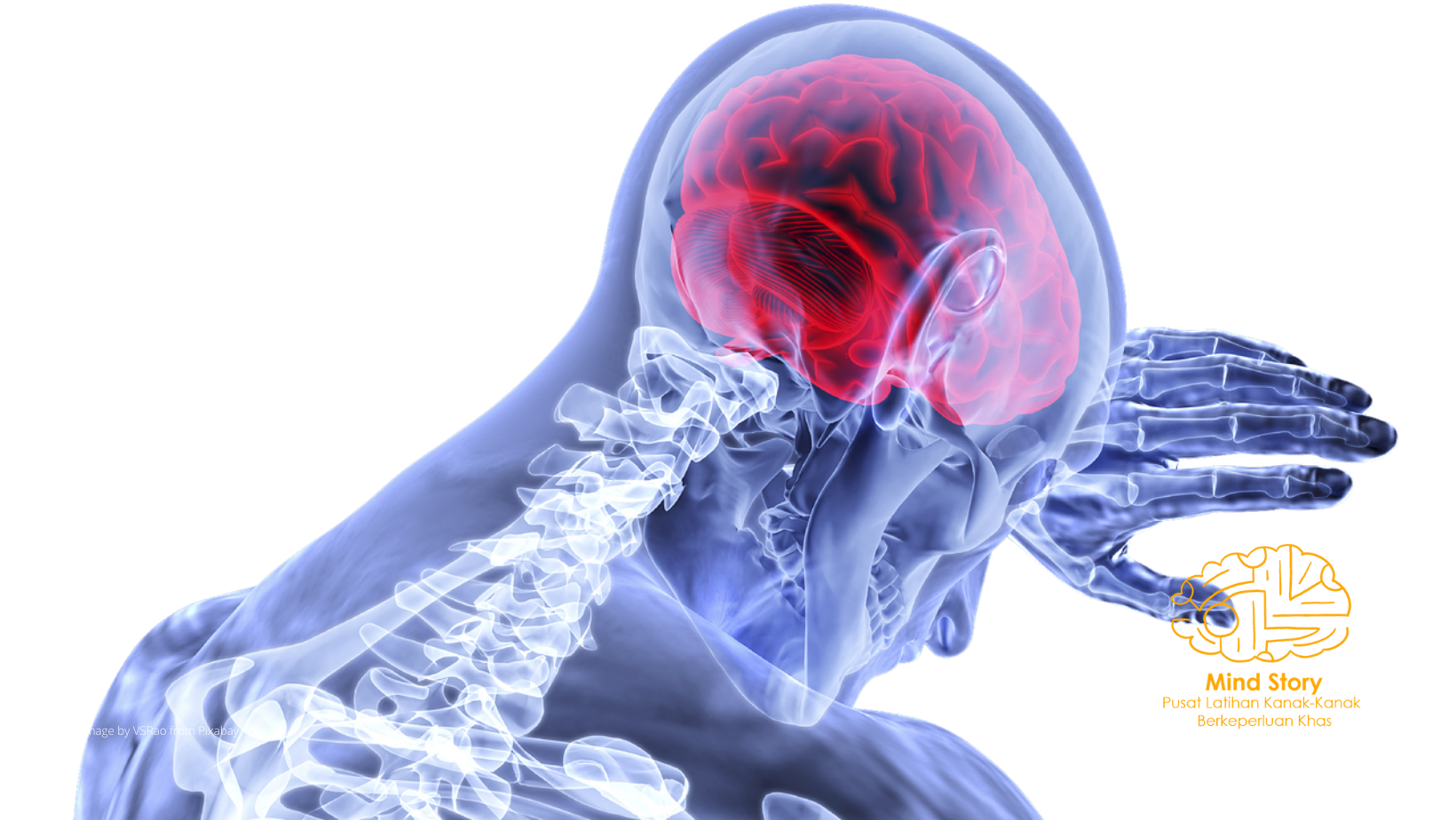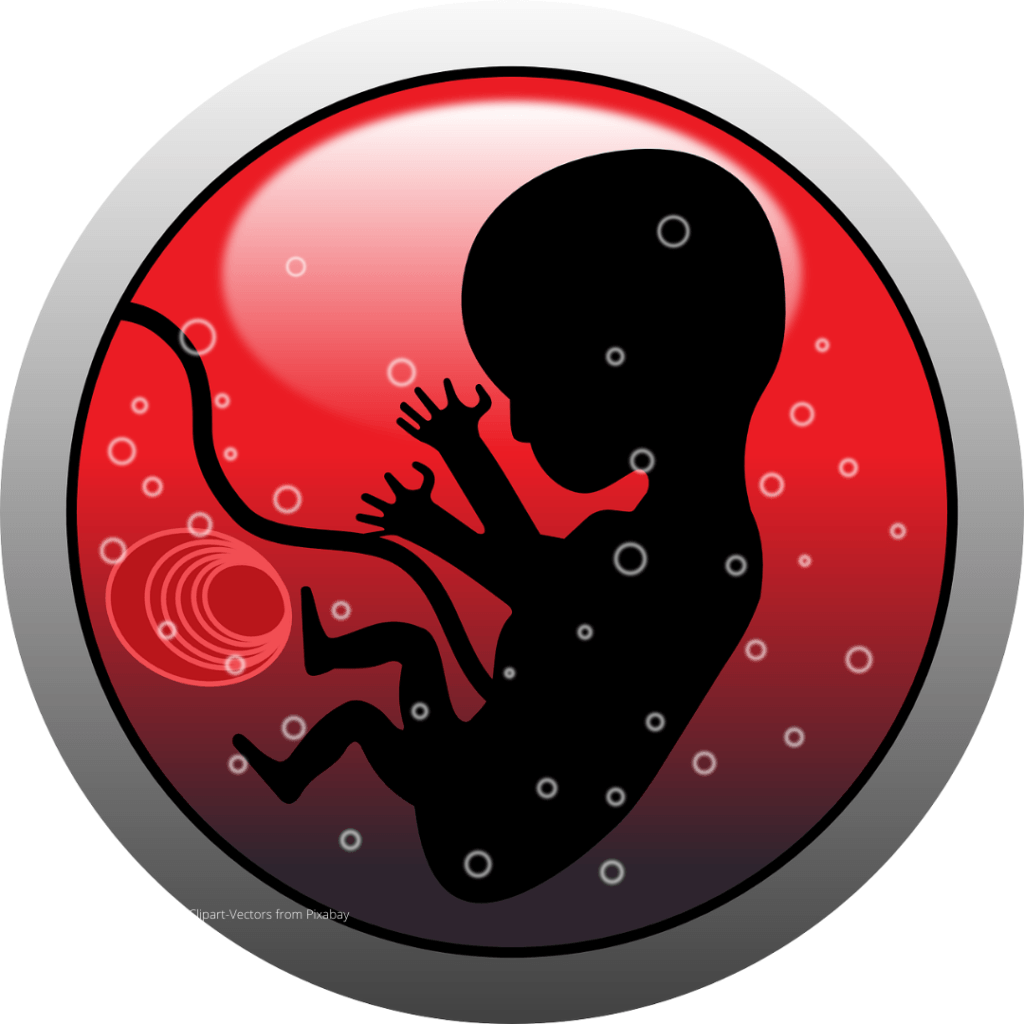
Intellectual disability involves complication with broad mental capabilities that influence two operation areas such as (Parekh, 2017):
- Intellectual performance; learning, problem solving, discernments
- Adaptive performance; activities that takes place during an individual’s daily life such as communicating and living independently
Intellectual disability affects around one percent of the populace, and about the range of 85 percent are found to have borderline intellectual disability. Males are found to have a higher percentage of being diagnosed with intellectual disability compared to the percentage of a female being diagnosed with intellectual disability. (CDC, 2019)
Intellectual development disability applies to individuals when there is a toll taken in that particular individual’s learning abilities. According to research (CDC, 2019), the different stages of intellectual disability have the tendency to differ considerably in an individual. Individuals that are found to have intellectual disability will face challenges in expressing their needs and their wants. They are prone to have challenges in developing and learning on par with other individuals of the same range of age. In addition, they could take a longer period to acquire the skills of speaking, walking, and dressing. They may be facing difficulties eating without assistance or keeping up in school.
Additionally, it is found that individuals that are diagnosed with intellectual disability before the age of 18 occurred due to injuries, illness, or even a brain complication. For many other individuals, the reason for their intellectual disability is not known. Many frequent reasons for intellectual disability are due to the sources such as Down Syndrome, Fetal Alcohol Syndrome, Fragile X Syndrome, genetic conditions, birth defects and other infections that may occur before birth. Moreover, other cases may take place during the process of the baby’s birth or after birth. However, other sources of intellectual disability do not transpire until the individual is older. The sources may also incorporate severe head injuries, strokes or other particular infections (CDC, 2019).

How is Intellectual Development Disabilities being determined?
Based on research by the American Association of Intellectual and Developmental Disabilities, an individual will be considered as showing symptoms of intellectual disability if the specific individual checks out these three criteria (What is intellectual disability?, 2018):
- Individual’s intellectual quotient (IQ) is found to be below range of 70-75
- Individuals are found to face constraints in two or more than two adaptive areas such as being able to acquire the skills to live their life, working, or participating in the community for example communicating or self care
- The symptoms display themselves before the age 18
What are the differences between intellectual disability and mental illness?
Firstly, an individual who has been diagnosed with intellectual disability may have life-long constraint that affects the intellectual development of the individual which medication has little or no effect. Secondly, they are found the disability can transpire due to the genetic elements, ecological elements, or issues influencing the evolution before, during, or the initial years after their birth. In addition, they display an immense variation of aspects and level of intellectual disabilities. Hence, these will lead to distinction that needs personalizing forms and severity of therapies and supports. Lastly, it is found that intellectual disability is known to be permanent, hence, there will be no cure to it. Based on research, they require therapies that will help the recovery progress for the long-run.
As for individuals with mental illness, it is different in a sense where it is treatable with medications or therapy and other supports that can help contribute to pushing the individuals in the recovery path, with educational or vocational support, and life skill support. In addition, individuals with mental illness can transpire by genetic problems, chemical imbalance, or difficulties with managing at any age. Moreover, it is known that mental illness is found to be a non-permanent condition that is caused by suffering, anxiety at school and so on. Lastly, mental illnesses are prone to transpire recurrently. Hence, individuals with mental illness are known to require interventions of a medical environment known to be short-term or long-term.
Can intellectual development disabilities be prevented?

Some intellectual disabilities can be prevented. One of the many ways is by identifying the root factors that might contribute, such as taking precautions by avoiding consumption of alcohol, smoking, consumption of drugs prior and during pregnancy. In addition, having a sufficient nutritious diet is highly important. It is known that having a proper diet will reduce the risk of birth defects, increases development of the brain, hence healthy birth weight. On the other hand, sufficient actions are required to be taken in order to make sure of a safe birth for the child such as to reduce the possibility of oxygen deficiency for the child. It is also highly advisable for newborn individuals to go through screening. This is due to the fact that it can open a broader chance of identifying the issue in the early stage, hence, the right actions can be carried out to reduce the risk of repercussions of disability.
Furthermore, it is important to ensure the safety of children to avoid risking brain damages such as traumatic brain injury, congenital brain damage, and progressive brain damage. Traumatic Brain Injury is known to be injuries caused to the brain that can transpire after birth. Children are prone to playing and getting injured. Ensuring your child is safe by child-proofing their environment can prevent injuries. Secondly, congenital conditions will usually transpire before birth. As for degenerative conditions, it is found to transpire after birth. It is known to be liberal in nature, progressive brain diseases are found to be spinal muscular atrophy. Additionally, batten disease which is due to genetic inheritance of metabolic disease can result in progressive declination of the brain to function.
Lastly, it is important to note that brain injuries as a result of infants being dropped or oscillate happens due to the frustrations or fatigue of parents or caregivers. It is found that having to care for a child especially when they are still infants can be extremely stressful and frustrating. It is important for caregivers to seek help on the right way to manage and cope with stress to ensure that the frustration they are feeling or will be feeling in the coming future will not affect the developmental growth of the child.
Conclusion
It is important for caregivers and parents to take precautions to ensure a healthy developmental for their child. Parents and caregivers need to prioritize their own health and well-being to ensure that they are taking care of their unborn child. Many times, parents often forget how their mental and physical health may play a role during pregnancy. Therefore, it is important to seek the right people to help during the process of pre-birth and post-birth when facing difficulties coping with stress and balancing between caring for the child and work, and so on. Taking care of your health includes avoiding unhealthy environments that include second hand smoke which may result in having early delivery. Hence, this can cause danger to the child which may cause death of the child or increasing the risk of disabilities or diseases of the child. Therefore, it is extremely important for parents to take care of both their mental and physical health during and after birth of their child to reduce the risk of their child’s health being affected. (CDC, 2019a)
References
- CDC. (2019a, May 29). Smoking During Pregnancy. Centers for Disease Control and Prevention. https://www.cdc.gov/tobacco/basic_information/health_effects/pregnancy/index.htm
- CDC. (2019b, October 25). Facts About Intellectual Disability. Centers for Disease Control and Prevention. https://www.cdc.gov/ncbddd/childdevelopment/facts-about-intellectual-disability.html
- Prevention of Intellectual Disabilities. Medindia
https://www.medindia.net/patients/patientinfo/prevention-of-intellectual-disability.htm. (2014, April 30) - Medical Causes of Intellectual Disabilities: Infections and Brain Damage. Medindia. https://www.mentalhelp.net/intellectual-disabilities/medical-causes-infections-and-brain-damage/
- Parekh, R. (2017). What Is Intellectual Disability? Psychiatry.org. https://www.psychiatry.org/patients-families/intellectual-disability/what-is-intellectual-disability
- What is intellectual disability? (2018, December 20). Special Olympics. https://www.specialolympics.org/about/intellectual-disabilities/what-is-intellectual-disability
- What is the difference between an intellectual disability and a mental illness? (n.d.). Retrieved June 14, 2021, from https://www.co.lubbock.tx.us/egov/documents/1611781909_39345.pdf

This article is written by Allyssa Shannen Boudville